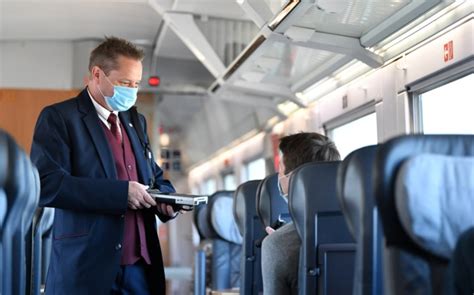Deutsche Bahn (DB), Germany’s national railway company, remains a hot topic of debate among frequent travelers and public transport enthusiasts alike. While some praise the low cost and accessibility of the services it provides, others criticize the numerous delays, insufficient investments in infrastructure, and the economic sustainability of such a massive public transportation system. The €49 monthly travel pass, dubbed the ‘Deutschlandticket,’ has generated a considerable amount of discussion. Questions swirl around whether this approach can be financially viable, especially when facing mounting repair and operational costs.
Critics often bring up arguments related to the pricing strategy for DB’s services. Offering unlimited travel on regional and local transport for €49 a month raises eyebrows over its sustainability. Some argue that such subsidized fares can lead to accelerated depreciation of rail assets and even degrade service quality over time. However, others contend that economic factors should not solely define the value of public transport. They point to the broader societal benefits, such as reduced pollution and better quality of life, which these services enable by reducing car dependence.
Commenter mamonster adds an insightful perspective by highlighting that the programme’s economic benefit is measured not only in direct revenues but also in the reduction of negative externalities like pollution. By making public transport more accessible and affordable, fewer people might choose to drive, thereby helping to mitigate environmental damage and traffic congestion. This indicates a holistic approach to economic evaluation—where the indirect benefits potentially offset the direct costs.
User RandomLensman brings a contrasting view, noting that since public transport is fundamentally a public service, it may not need to be profitable on its own. They argue that many public services, including the military, are also not designed to be self-sufficient but are financed through taxes due to their societal value. The essential question, therefore, pivots to what society prioritizes and is willing to invest in. This aligns with other commenters who note that public subsidies for transport can enhance productivity and quality of life.
There is also heated discussion around the efficiency and reliability of Deutsche Bahn. Critics like highcountess lament DB’s operational inefficiencies and frequent delays compared to its past reputation for precision. They point out that while DB has improved freight services, passenger transport often faces significant systemic issues. However, others, such as shafyy, offer a more balanced view, recognizing that running a punctual railway network in a country as large and centrally located as Germany comes with unique complexities.
The semi-privatized nature of DB is another focal point of the debate. As commenter 4ggr0 mentions, the transformation of Deutsche Bahn from a fully state-owned entity to a profit-oriented corporation with state ownership has led to mixed outcomes. This shift has seen a focus on profitability at times, possibly at the expense of service quality and public interest. The structure is critiqued as being the ‘worst of both worlds,’ with a blend of public control but profit-driven motives, which can lead to unintended consequences.
The need for substantial investment is a recurring theme in the comments. Tormeh suggests that separating DB into a fully government-run infrastructure company and a fully privatized train company might resolve some of these issues. This would allow the infrastructure part to receive the necessary injections of funds to revamp the system, making the passenger services more reliable and improving overall efficiency. Current practices of cost-cutting, as pointed out by bakuninsbart, can leave essential areas like maintenance and operations underfunded, further compounding the problem.
Lastly, the broader context of public perception and societal expectations also frames the discussion. As probably_wrong highlights, the ‘Deutschlandtakt’ program aims to restore DB to its former glory but is scheduled for completion only by 2070. This raises concerns about the immediacy of improvements and whether the current strategies are aligned with urgent needs. The imminent debate about redirecting funds from rail to highway repairs also underscores the perennial challenge of balancing infrastructure investments against immediate practical demands.


Leave a Reply